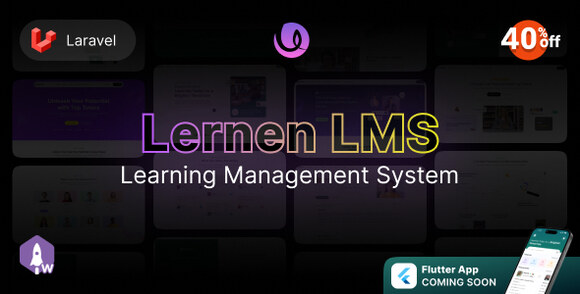
Tesla CEO Elon Musk’s plan to give out $1 million prize to registered voters in swing states as he stumps for former President Donald Trump has raised concerns and could be illegal, some election law experts suggest.
Every day until the Nov. 5 election, Musk, the world’s richest man, plans on giving a million-dollar prize to people who sign a petition in support of the First and Second Amendments of the Constitution, which guarantee freedom of speech and the right to bear arms, among other rights. In order to win the money, petitioners have to be a registered voter from one of the following battleground states: Pennsylvania, Georgia, Nevada, Arizona, Michigan, Wisconsin, and North Carolina.
[time-brightcove not-tgx=”true”]
Experts say that the prize could be a violation of federal law, which says that anyone who pays or accepts payments to register to vote could be fined up to $10,000 and/or receive up to five years of imprisonment.
“It is illegal to give out money on the condition that recipients register as voters,” Adav Noti, executive director of the nonpartisan Campaign Legal Center, said in a statement to TIME. “As the terms of this ‘contest’ to win $1 million require the recipient to be a registered voter in one of seven swing states (or to register if they have not already), the offer violates federal law and is subject to civil or criminal enforcement by the Department of Justice.”
In response to online arguments that Musk is paying to register Republicans, the tech mogul tweeted on Sunday that the winner of the prize is selected by a petitioner that supports constitutional rights. “You can be from any or no political party and you don’t even have to vote,” Musk wrote. In other words, Musk’s defense of the prize relies on the fact that it isn’t directly handed out for voter registration, but rather for signing the petition.
John Hardin Young, an adjunct professor of election law at William and Mary School of Law, argues that Musk is “vote buying” in a targeted manner. He says Musk is supporting Trump under the guise of “supporting these petitions for First and Second amendment rights and registering to vote.”
“We all agree that registering to vote is important to democracy,” Young says. “[But] the prize is available only to registered voters in the seven swing states because they could and probably will affect the outcome of the presidential election. That, in and of itself, is strong evidence that Musk’s intent is to influence the race.”
The petition is a part of America PAC, a political action committee founded by Musk to support Trump. Under America PAC, Pennsylvania voters received $100 for signing the petition, and an additional $100 for every registered voter they referred to the petition. Voters from other states will get $47 for doing the same.
So far, two people—from Pittsburgh and Harrisburg, Penn.—have received the million-dollar prize from Musk. According to America PAC’s X account, those who are selected for the prize earn the money “as a spokesperson for America PAC.” Young cautions that winners of the prize, not just Musk, could potentially have legal action taken against them.
The petition website says their goal is to get 1 million registered voters in swing states to sign the petition.
Richard Hasen, a UCLA law professor, and author of Election Law Blog, wrote that Musk was “essentially incentivizing likely Trump voters in PA to register to vote,” since voters would have to register to win the prize. “If they weren’t already, they would do it now.” Hasen also pointed to the Department of Justice’s Federal Prosecution of Election Offenses handbook, which prohibits “any payment made or offered to a would-be voter “for registering to vote or for voting.”
Pennsylvania Gov. Josh Shapiro also expressed concern at Musk’s actions in an interview with NBC’s “Meet the Press” on Sunday. “I think it’s something that law enforcement could take a look at. I’m not the attorney general anymore of Pennsylvania, I’m the governor, but it does raise some serious questions,” he said.
